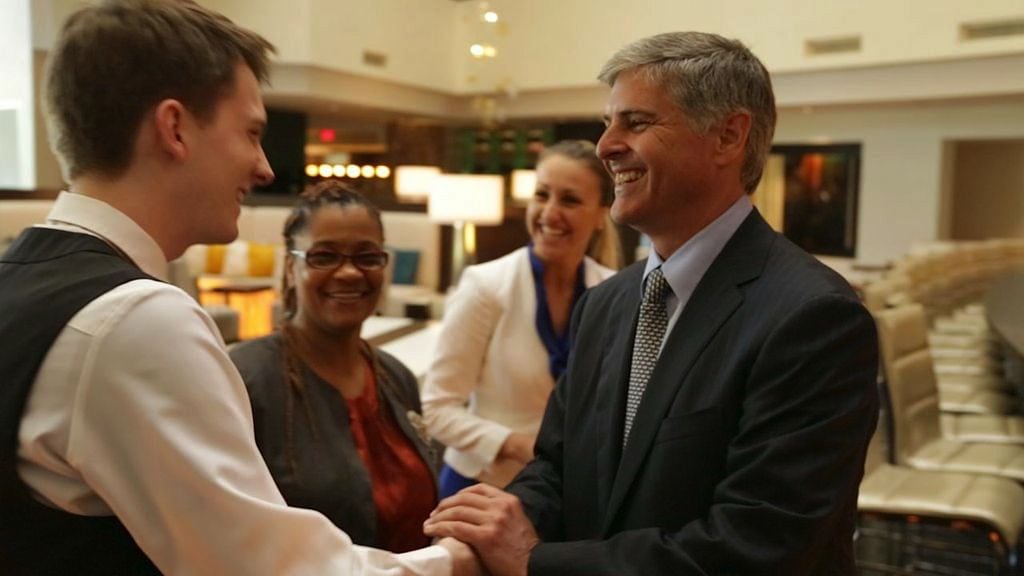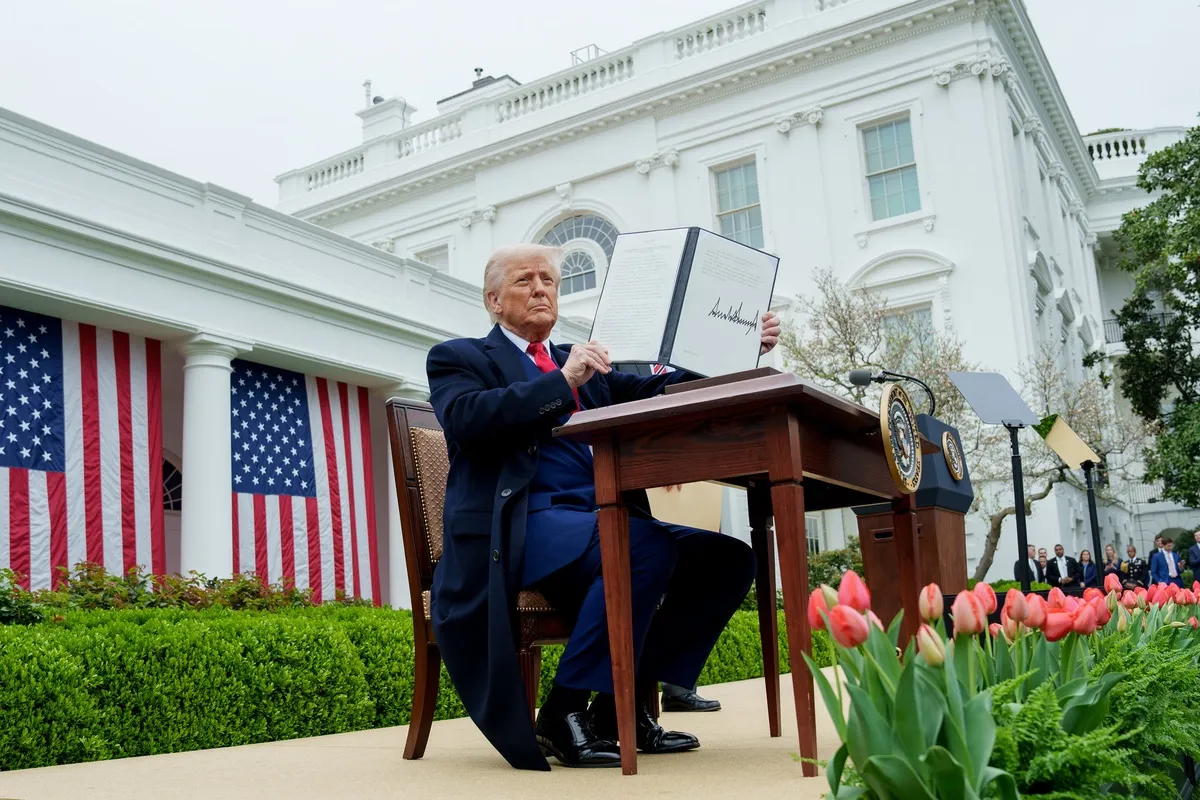Hilton CEO Says Cancellation Fees Will Stick Around Even if Guests Hate Them

Skift Take
The results of Hilton Worldwide's recent guest cancellation fees experiment are in: customers "unsurprisingly hated" the fees, as CEO Chris Nassetta put it, but they'll likely continue in some variation as Hilton tests and implements new fee and pricing structures throughout 2016.
In November Hilton began testing a $50 cancellation fee when a reservation is cancelled any time after a booking. But if a cancellation is made after 11:59p.m. the night before the stay begins, then the current policy of a charge of one night's room rate and tax was still in effect for all guests during the testing. Nassetta said Hilton's already testing new fees and pricing that will continue throughout this year and feels they reflect what airlines are doing, for example. Future pricing structures will let guests choose the amount of flexibility they want with cancellations which Nassetta said won't appear as callous as the experiment fees.
"Not just [Hilton Worldwide], but all players in the industry are willing to tie-up inventory for a large part of the customer base at no cost which sounds illogical and is illogical," Nassetta said during the company's fourth quarter 2015 earnings call on Friday. "And going from there to what we were testing in one step is very hard because consumers have been trained for so long around the model as it exists. I think what we've learned though is that there are some serious opportunities to change the ways we go to market with overall pricing."
"As opposed to the test, which was quite blunt force, I think what you will see us do, and we're in the process of doing other tests right now, is different ways of pricing our products both short, long, lead and more and less flexibility. And to some extent not unlike what the airlines and other industries have done. What we want to do is make sure that on behalf of ourselves and our owners that we're not tying up inventory unnecessarily without customers having to take any risk or have any cost."
"But we have to migrate behavior from where it is to where we want it to be," said Nassetta. "And there are some really intelligent things that I think you'll see us start to do later this year to start to move customers down that journey of recognizing, ‘yeah, if you want total flexibility, there's a price for that. And if you want a better price, you're going to have less flexibility.' And there's lots of ways we can create boundaries around our pricing structures to be able to accomplish that and I think get to the same place with a little bit less of a brute force approach."
Nassetta previously said new technologies have made it easier for guests to game the system by canceling and rebooking with another brand. That's in tandem with U.S. hotel occupancy at record high levels in many markets which can disadvantage hotels if a lot of guests cancel reservations last minute.
Responding to investor concerns of last minute deal sites like HotelTonight incentivizing travelers to cancel and rebook and exacerbating the issue for hotels, Nassetta said Hilton's upcoming, new pricing structures will hold strong against such apps and sites.
"A lot of people in the industry, including us, are changing their cancel policies to thwart some of the robo tech approaches to cancel and rebook that are going on," said Nassetta. "We've changed our policies--it used to be same day for everybody in the industry. Now it's 24-hour. There are things we can do to extend that timeframe in addition to creating different types of pricing structures for more or less flexibility. I think the combination of those two things, if we're smart, should accomplish the objective."




